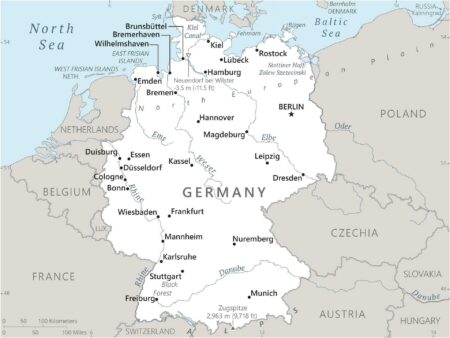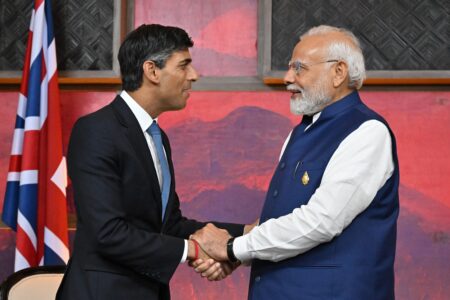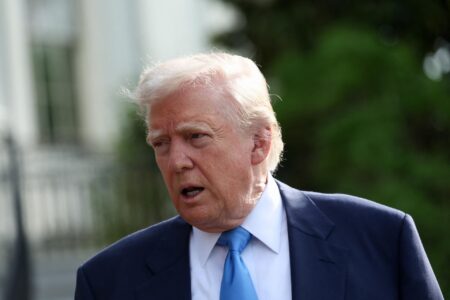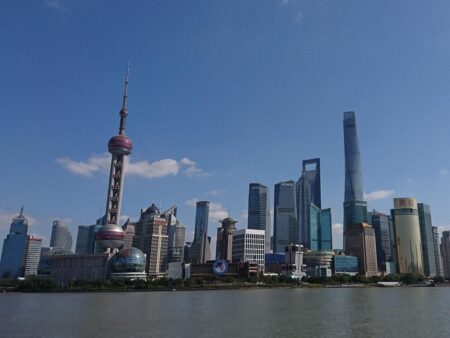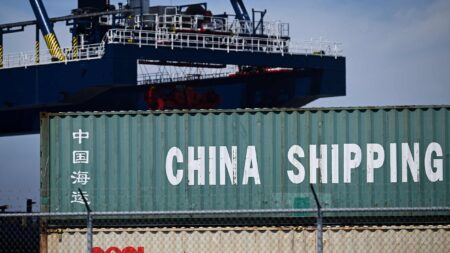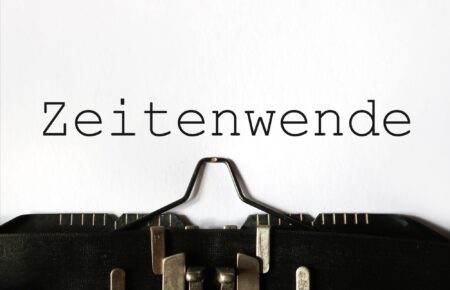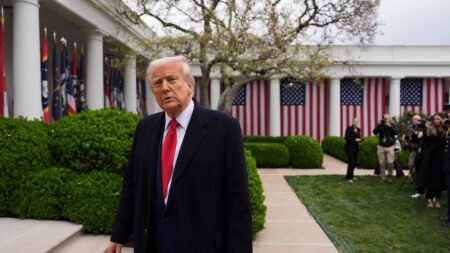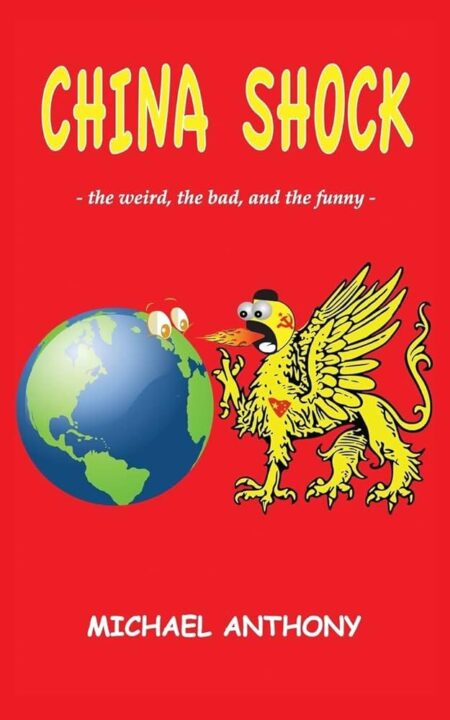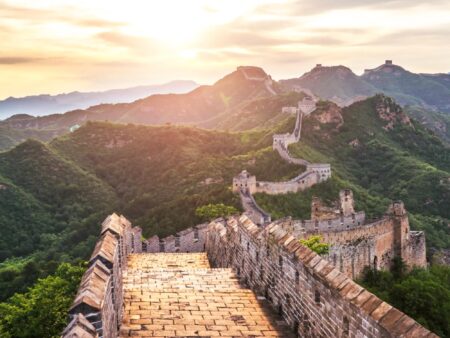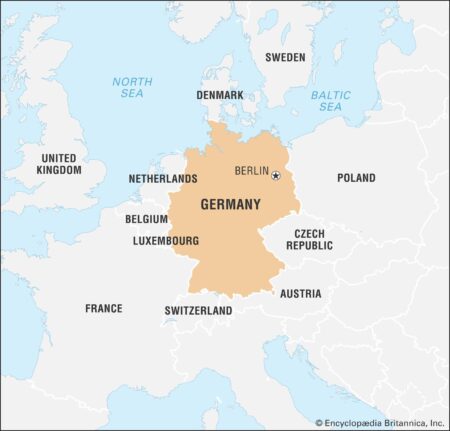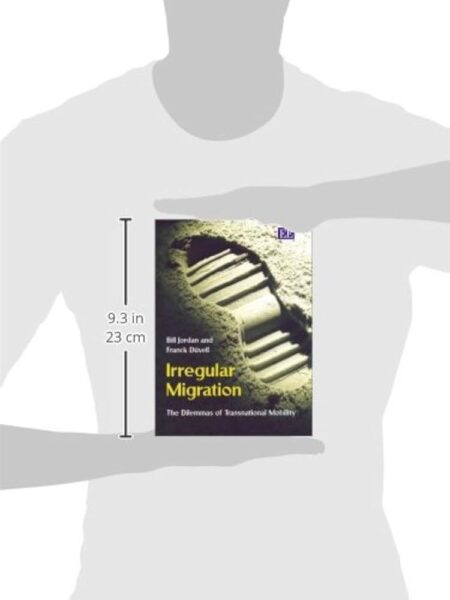Germany has dealt a significant blow to the EU’s climate ambitions, dismantling a key pillar of its ambitious policies. This move raises serious questions about the bloc’s ability to achieve its environmental targets
Browsing: policy analysis
The UK’s latest online safety policy has sparked fierce criticism for its glaring regulatory gaps. Experts caution that such oversights would be unacceptable in the US, where stricter tech regulations and stronger legal frameworks demand far higher standards of compliance
India’s upcoming census is set to spark fresh discussions as it will include questions about the caste system, a topic that has long been at the heart of societal debates. While critics warn that this move could reinforce existing discrimination, officials maintain that it is a crucial step towards improving social welfare initiatives and ensuring equitable support for all communities.
Germany is steadily advancing towards its ambitious 2030 climate goals, as highlighted by government advisers. Yet, there are growing worries that without bolder actions and a steadfast commitment to sustainable practices, these future objectives could be at risk amid persistent challenges
In a bold move, Argentina’s President Javier Milei is forging a new alliance with the United States, aiming to secure vital support for his groundbreaking reforms. This partnership is set to enhance Argentina‚Äôs economic resilience as it navigates through persistent challenges.
The UK and India have just sealed a landmark trade deal, designed to fortify their economic partnership in the face of rising U.S.-led tariff tensions. This exciting agreement is set to enhance trade relations and unlock fresh market opportunities for both countries.
In a whirlwind of just 100 days, Trump has made remarkable progress in delivering on his bold promises, tackling everything from tax reform to sweeping deregulation. While critics voice their doubts, supporters are enthusiastic about his assertive approach, arguing that he’s not only transforming the political arena but also breathing new life into the economy
The House of Commons Library has embarked on an exciting new mapping project designed to unravel the complexities of the United Kingdom’s constitution. This initiative seeks to illuminate the often-overlooked unwritten elements and intricate legal framework, empowering citizens with a clearer understanding and encouraging vibrant, informed discussions.
Amid the rising tensions of the US trade war, China is doubling down on its dedication to maintaining domestic stability. Beijing is not just focusing on economic support; it’s actively championing resilience in the face of external challenges, all while striving to boost public confidence in its future.
Germany must take a fresh look at its competitiveness strategies as global tensions rise. With the geopolitical landscape evolving rapidly, there’s an urgent call for innovative policies and robust economic frameworks to successfully navigate this increasingly challenging world
China has urged the United States to “correct its mistakes” by eliminating reciprocal tariffs that have strained trade relations. This call reflects ongoing tensions as both countries seek to navigate economic challenges amidst a complex global landscape.
The “Zeitenwende” in German foreign policy marks a significant shift, as Berlin reassesses its role in global security. Prompted by recent geopolitical tensions, Germany is poised to enhance military spending and assertiveness on the world stage.
Former President Donald Trump claimed that his tariff policy is “doing really well,” following China’s imposition of a 125% levy on U.S. goods. His comments come amid escalating trade tensions, as both nations grapple with the implications for their economies.
In the latest edition of CNBC‚Äôs Inside India newsletter, analysts explore India’s strategic leverage in trade negotiations with the U.S. Amidst shifting global dynamics, India’s economic potential and market access could significantly influence outcomes.
The White House has announced a military mission aimed at bolstering security along the southern border of the United States. This initiative seeks to repel unauthorized crossings and enhance operational support to border enforcement agencies.
The “China Shock,” a term describing the economic impact of China’s rise on American jobs, reveals critical lessons about globalization and labor. Contrary to President Trump’s interpretation, experts argue that understanding these dynamics is essential for future policy success.
In a bold move to revitalize Argentina’s economy, President Javier Milei has initiated sweeping deregulation, cutting bureaucratic red tape with a “deep chainsaw” approach. Advocates at the Cato Institute praise this strategy as essential for fostering business growth and attracting investment.
In a recent statement, Treasury Secretary Bessent criticized China’s recent aggressive actions, labeling them a “big mistake.” He emphasized that the country is operating from a “losing hand,” signaling potential economic repercussions amid rising tensions.
Germany and France are advocating for a stronger tariff response to protect their industries from global market fluctuations. Their push reflects growing concerns over international trade practices, aiming to bolster domestic economies amid rising competition.
Germany’s outgoing government has hailed success in addressing irregular immigration, citing a significant drop in undocumented arrivals. Officials attribute this progress to enhanced border controls and cooperation with neighboring countries.




